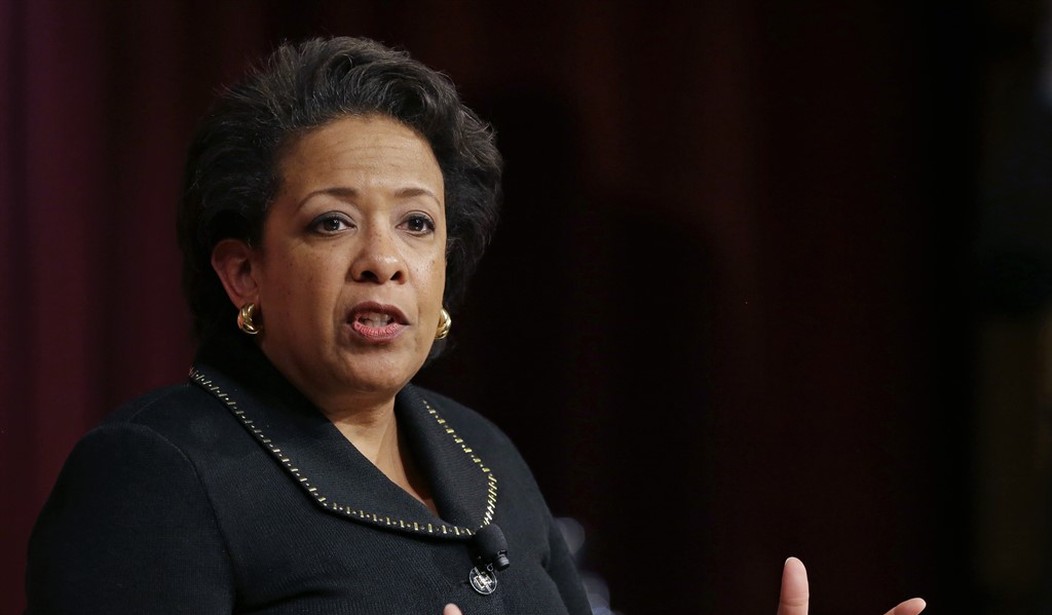The Chairman and ranking member of the Senate Judiciary Committee have sent letters to four individuals, including former Attorney General Loretta Lynch, seeking information about her handling of the Clinton email investigation. The letters ask about an email reportedly recovered by the FBI which some news reports have suggested might have been created by Russia. From the committee’s press release:
Senate Judiciary Committee Chairman Chuck Grassley, Ranking Member Dianne Feinstein, Crime and Terrorism Subcommittee Chairman Lindsey Graham and Ranking Member Sheldon Whitehouse sought information about alleged political interference by then-Attorney General Loretta Lynch during the FBI’s investigation of former Secretary of State Hillary Clinton’s use of a private email server. The bipartisan inquiry comes as the Judiciary Committee is examining the circumstances surrounding the removal of James Comey as FBI Director.
In April, The New York Times reported that the FBI came into possession of a batch of hacked documents, one of which was said to be authored by a “Democratic operative who expressed confidence that Ms. Lynch would keep the Clinton investigation from going too far.” Chairman Grassley then requested a copy of the document from the Justice Department, which has failed to respond. A month later, The Washington Post reported similar facts and provided further details about individuals involved in these communications. The Post reported that the email in question, sent by then-chair of the Democratic National Committee Debbie Wasserman Schultz to Leonard Benardo of the Open Society Foundations, indicated that Lynch had privately assured Clinton campaign staffer Amanda Renteria that the FBI’s investigation wouldn’t “go too far.”
Comey was reportedly concerned that the communication would raise doubts about the investigation’s independence and began discussing plans to announce the end of the Clinton email investigation rather than simply referring it to the Department for a prosecutorial decision. Comey’s extraordinary action to announce the end of the investigation was a break from Justice Department protocol, and was later cited as justification for his removal from the FBI.
The Washington Post story reported the document in question was viewed as “unreliable and possibly a fake” by people within the FBI. Lynch has denied knowing or talking to the person to whom she allegedly gave this assurance. Amanda Renteria, the person Lynch allegedly told, says she doesn’t know Lynch and has never spoken to her. And Debbie Wasserman Schultz denies having recounted any such conversation in an email. And it’s worth noting that the email itself was apparently never found, only an account of the email from supposedly hacked documents.
Of course, it wasn’t just this email that prompted Comey. It was also the tarmac meeting between Lynch and Bill Clinton. Additionally, it was the moment when Lynch asked Comey to align his testimony about the investigation with the language being used by the Clinton campaign, i.e. he was told to refer to it as “a matter.” So even if the email was bogus there are some related questions the committee might want to ask about Lynch putting her fingers on the scales.








Join the conversation as a VIP Member